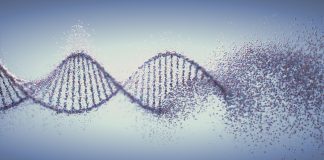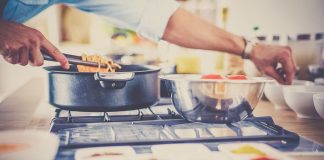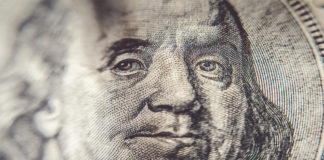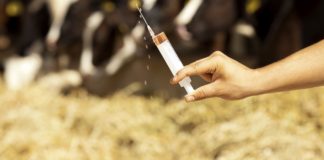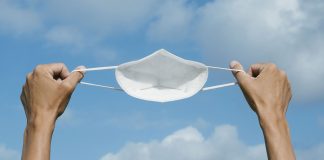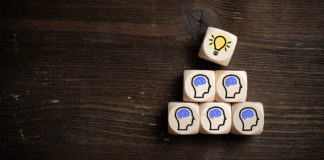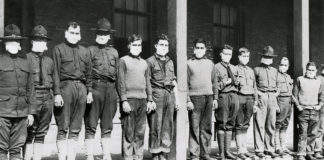How pain heals
In the realm of health and wellness, few practices embody the principle of “no pain, no gain” quite like the revival of ice baths. Plunging into icy water might seem like a counterintuitive pursuit—a stark departure from the comforts of warm showers—but it’s precisely this discomfort that has drawn enthusiasts around the world.
Vaping: New war, same enemy
Breathing is an act most of us take for granted, and there seems to be plenty of oxygen to go around. Yet, according to the World Health Organization, the use of e-cigarettes (aka vaping) has been on a steady incline during the last few years.
Menstruation, a taboo still difficult to break even in 2021
Lack of access to menstrual hygiene is the fifth leading cause of death worldwide among women. In the world, 1 in 3 girls faces the impossibility of ensuring adequate hygiene during menstruation, and many others face sometimes fatal arbitrary limitations imposed by culture.
Genetic inheritance cannot be altered. True or false?
Grandpa’s eyes, mother’s wide hips, aunt’s serene gaze, father’s ambition, great-grandmother’s rheumatism—all the little traits that define us seem to come from ancestral parents who, together, should have all the genes that anyone can have today, all the possible ingredients for the recipe from which we were made.
Vitamin D — another disappointment?
If we had to choose a star among vitamins, a star similar to the celebrities that electrify the world of people, vitamin D would have a very high chance of occupying the podium.
11 million people die each year from these nutrition mistakes
From Europe to Asia and from Africa to the Americas and Australia, none of the culinary traditions, not even those acclaimed by scientists, generate an optimal supply of nutrients. Moreover, the food we eat daily kills 11 million of us prematurely every year. So then, what should we eat?
COVID-19: Those who “would have died anyway”. How much is a human life worth?
Discussions about the reasonable number of deaths in a pandemic, about whether or not the price for saving people is killing the economy and, ultimately, debates on a life’s value were brought to the fore by the COVID-19 pandemic.
Mind over matter
I was a sickly child. If I wasn’t catching a humble cold, it was something more exotic, like whooping cough or bronchitis.
Second-hand antibiotics
We might be tempted to believe that most antibiotics are distributed to people through pharmacies and hospitals. The reality, however, is surprising.
COVID-19: Excerpt from a diary on the Great Britain front
Noemina is a graduate of the University of Hertfordshire, UK, where she majored in health care. She is working in her field as of 2012. The journal excerpt she sent to us reflects her week-long experience at the epicentre of the battle with the new coronavirus in the intensive care unit, where serious cases are admitted.
Brain health, a key to a happy life
It can be simple or complicated to find and, especially, apply strategies to increase your level of happiness. What we can be sure of, however, is that in this ongoing discussion about what makes us happy, brain health is not a topic that can take a backseat.
A rapid test concerning COVID-19 and religious freedom
At the heart of Religious Liberty is the issue of worship. Religious Liberty is the freedom to worship according to one’s own conscience.
Back from the brink: A doctor’s struggle with depression
Here’s a disturbing fact: Medical doctors have the highest suicide rate of any profession. It may be uncomfortable to read that in the USA nearly 400 doctors take their life every year. So how does a physician find assistance in a system that seems to be clearly failing its own? I sat down recently with Dr Charles, a fitness enthusiast, soccer fanatic and dad, to...
Daily habits for a good memory
It happens to all of us. We misplace the keys, forget a phone number or where we put our reading glasses. With age, such things happen more often, whether we like it or not. The good news is, our brain continues to produce new cells regardless of our age. Therefore, it is possible to have a good memory despite the aging process.
Spanish flu to COVID-19: Lessons from a forgotten pandemic
The Spanish flu filled graves in almost every cemetery in the world. However, surprisingly, this tragedy had largely been forgotten until recently. A century later, the issue returned to the centre of attention, with specialists wondering if they can identify a pattern in the evolution of the COVID-19 health crisis based on the pandemic from a century ago.















